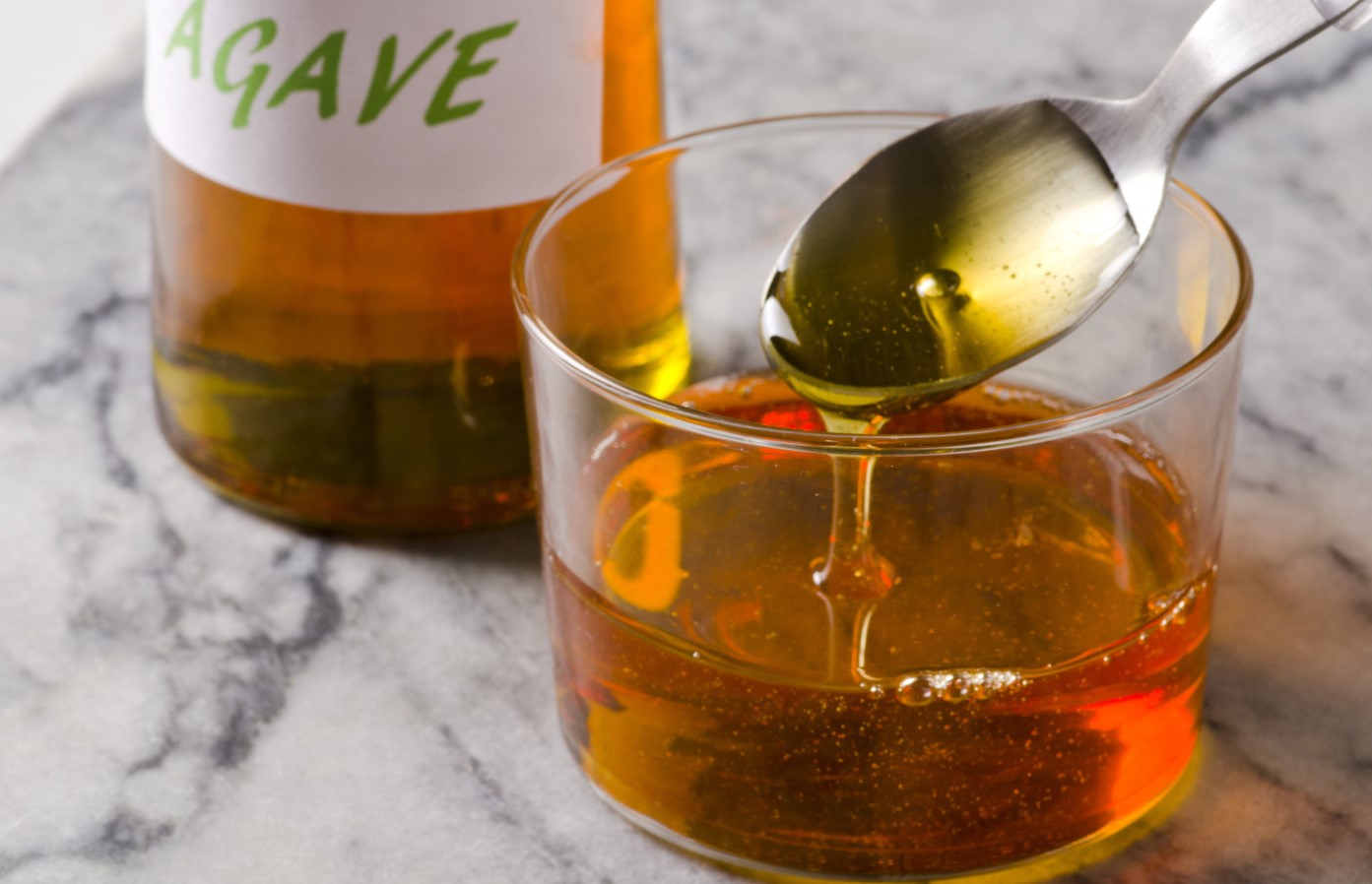

Articles
How To Store Agave Syrup
Modified: August 17, 2024
Learn effective methods and tips for storing agave syrup in this informative article. Discover the best practices to maintain freshness and flavor.
(Many of the links in this article redirect to a specific reviewed product. Your purchase of these products through affiliate links helps to generate commission for Storables.com, at no extra cost. Learn more)
Introduction
Welcome to our comprehensive guide on how to store agave syrup. Whether you’re a seasoned baker, an aspiring chef, or simply someone who enjoys adding a touch of sweetness to your beverages, agave syrup is a popular and versatile sweetener. Known for its rich flavor and natural sweetness, agave syrup is derived from the agave plant and has become a popular alternative to traditional sweeteners like sugar or honey.
While agave syrup offers numerous benefits, such as being low on the glycemic index and suitable for vegan diets, proper storage is crucial to maintain its quality and extend its shelf life. In this article, we will explore the importance of storing agave syrup correctly and provide you with helpful tips to ensure that your agave syrup remains fresh and delicious for as long as possible.
Key Takeaways:
- Proper storage of agave syrup is crucial to maintain its quality, flavor, and shelf life. Protect it from light, heat, air, and moisture, and use recommended containers to prevent spoilage and ensure safety.
- Whether stored at room temperature, in the refrigerator, or in the freezer, agave syrup should be protected from light, heat, air, and moisture. Practicing good hygiene, using clean utensils, and avoiding cross-contamination can further prolong its shelf life.
Read more: How To Store Homemade Syrup
What is Agave Syrup?
Agave syrup, also known as agave nectar, is a natural sweetener derived from the agave plant. The agave plant is primarily grown in Mexico and parts of South America. The syrup is made by extracting the sweet sap from the agave plant and then filtering and heating it to produce a thick, viscous liquid with a sweet taste.
Agave syrup has gained popularity in recent years as a healthier alternative to traditional sweeteners like sugar or honey. It is often favored for its lower glycemic index, which means it has a less significant impact on blood sugar levels compared to sugar. This makes it an attractive option for individuals who are watching their glycemic response, such as those with diabetes or those following a low-glycemic or diabetic-friendly diet.
Furthermore, agave syrup is known for its intense sweetness. The sweetness in agave syrup comes from natural fructose, a type of sugar found in fruits. It is this fructose content that gives agave syrup its distinctive flavor. The taste of agave syrup is often described as mildly sweet and slightly floral, with hints of caramel or molasses. Its unique flavor profile makes it a popular choice for adding sweetness to various recipes, including beverages, baked goods, dressings, and sauces.
It’s important to note that despite being a natural sweetener, agave syrup is still a source of added sugars and calories. As with any sweetener, moderation is key when incorporating agave syrup into your diet.
Why is Proper Storage Important?
Proper storage of agave syrup is essential to maintain its quality, flavor, and overall integrity. By following the recommended storage guidelines, you can prevent spoilage, slow down the natural crystallization process, and ensure that your agave syrup remains safe to consume over an extended period of time.
One of the primary reasons why proper storage is important is to prevent the growth of bacteria and other harmful microorganisms. Agave syrup has a high sugar content, which creates an environment where bacteria can thrive if not stored correctly. Exposure to air, moisture, and contaminants can contribute to the growth of mold or yeast, leading to spoilage and potentially causing foodborne illnesses.
In addition to preventing bacterial growth, proper storage can help delay the natural crystallization process that occurs in agave syrup. Agave syrup is susceptible to crystallizing over time, forming sugar crystals that can alter its texture and consistency. By storing agave syrup correctly, you can slow down this process and maintain a smoother, more viscous syrup for a longer period of time.
Proper storage also helps preserve the flavor and aroma of agave syrup. Exposure to light, air, and heat can cause the syrup to degrade and develop off-flavors or odors. By storing agave syrup in the appropriate conditions, you can ensure that it retains its natural sweetness and delicate floral notes.
Furthermore, proper storage can help prevent wastage and save costs. When agave syrup is not stored correctly, it can spoil more quickly, losing its quality and becoming unusable. By following the recommended guidelines, you can prolong the shelf life of your agave syrup and avoid unnecessary waste.
Overall, by understanding the importance of proper storage for agave syrup, you can ensure that it remains safe, delicious, and enjoyable for an extended period. Let’s explore the general guidelines for storing agave syrup and the recommended storage containers next.
General Guidelines for Storing Agave Syrup
When it comes to storing agave syrup, it’s important to follow some general guidelines to maintain its freshness and quality. Here are some key points to keep in mind:
- Keep it sealed: Agave syrup should always be stored in a tightly sealed container to prevent air and moisture from entering. This can help prevent the growth of bacteria and slow down the crystallization process.
- Avoid exposure to light: Agave syrup is sensitive to light and can degrade when exposed to sunlight or bright artificial light. Store it in a dark or opaque container to protect it from light damage.
- Protect from heat: High temperatures can cause agave syrup to deteriorate and develop off-flavors. Store it in a cool place away from direct heat sources like stoves or ovens.
- Minimize contact with air: Oxygen can contribute to the degradation of agave syrup, leading to changes in flavor and quality. Make sure the container is tightly sealed to minimize air exposure.
- Avoid cross-contamination: To prevent contamination, always use a clean spoon or utensil when scooping out agave syrup. Avoid introducing any moisture or foreign substances into the container.
- Label and date: It’s a good practice to label the container with the date of purchase or opening. This can help you keep track of the freshness and shelf life of the agave syrup.
By adhering to these general guidelines, you can ensure that your agave syrup stays fresh, safe to consume, and maintains its desired flavor and texture. However, it’s essential to note that the specific storage requirements may vary depending on whether you are storing agave syrup at room temperature, in the refrigerator, or in the freezer. Let’s explore these options in detail next.
Recommended Storage Containers
Choosing the right storage container for your agave syrup is an important aspect of proper storage. Here are some recommended options:
- Glass jars with airtight lids: Glass jars are a popular choice for storing agave syrup. They are non-reactive, do not absorb odors or flavors, and provide a tight seal to keep the syrup fresh. Look for jars with airtight lids or gaskets to prevent air and moisture from entering.
- BPA-free plastic containers: If you prefer using plastic containers, opt for BPA-free options. Look for containers specifically designed for food storage that are labeled as safe for storing liquids. Ensure that the lids provide a secure, airtight seal.
- Stainless steel containers: Stainless steel containers are another viable option for storing agave syrup. They do not react with the syrup and are resistant to corrosion and staining. Look for containers with tight-fitting lids to maintain freshness.
When choosing a storage container, it’s best to avoid containers made of reactive materials like aluminum or copper, as they can interact with the syrup and affect its flavor and quality.
Regardless of the container you choose, make sure it is clean and dry before transferring the agave syrup. Any residual moisture or contaminants can compromise the freshness and safety of the syrup. Additionally, always ensure that the container is appropriately sized to accommodate the amount of agave syrup you plan to store, leaving some headspace to allow for expansion if necessary.
Now that we have covered the recommended storage containers, let’s delve into the different methods of storing agave syrup at room temperature, in the refrigerator, and in the freezer.
Store agave syrup in a cool, dark place away from direct sunlight and heat sources. Make sure the container is tightly sealed to prevent air exposure and moisture. This will help maintain its quality and prevent crystallization.
Read more: How To Store Simple Syrup
Storing Agave Syrup at Room Temperature
Agave syrup can be stored safely at room temperature, provided that certain precautions are taken. Here are some steps to follow when storing agave syrup at room temperature:
- Choose a cool and dark location: Find a cool area in your pantry or kitchen cabinet away from direct sunlight or heat sources. The temperature should ideally be between 65°F and 75°F (18°C and 24°C).
- Use an airtight container: Transfer the agave syrup into a clean and tightly sealed container. This will help prevent air exposure and maintain the syrup’s freshness.
- Label and date the container: It’s important to label the container with the date of purchase or opening. This will help you keep track of the syrup’s freshness and determine when it should be used.
- Check for spoilage: Regularly inspect the agave syrup for signs of spoilage, such as mold growth, off odors, or changes in color or texture. If you notice any signs of spoilage, discard the syrup immediately.
It’s vital to note that storing agave syrup at room temperature may cause it to crystallize more quickly than if stored in the refrigerator or freezer. However, this doesn’t necessarily affect the safety or quality of the syrup, and the crystallized syrup can be easily liquefied by gently heating it in warm water or in a microwave.
Remember to always practice good hygiene when handling the agave syrup. Use clean utensils to scoop out the syrup to avoid contamination.
Now that you know how to store agave syrup at room temperature, let’s explore the option of storing it in the refrigerator.
Storing Agave Syrup in the Refrigerator
If you prefer to store your agave syrup in the refrigerator, here’s how to do it properly:
- Transfer the syrup into a refrigeration-safe container: Pour the agave syrup into a clean, airtight container that is safe for refrigeration. Glass jars or BPA-free plastic containers with tight-sealing lids are ideal choices.
- Label and date the container: It’s important to label the container with the date of purchase or opening. This will help you keep track of the syrup’s freshness and determine when it should be used.
- Place the container in the refrigerator: Find a spot in your refrigerator where the temperature remains constant, usually between 35°F and 40°F (2°C and 4°C). Avoid placing the container near the refrigerator door or in areas that are prone to temperature fluctuations.
- Keep away from strong-smelling foods: Agave syrup can absorb odors from other foods in the refrigerator. Store the syrup away from strong-smelling items like onions, garlic, or pungent cheeses to maintain its flavor integrity.
- Regularly check for spoilage: While refrigeration helps prolong the shelf life of agave syrup, it’s still important to regularly inspect the syrup for any signs of spoilage, such as mold growth or changes in texture or color. If you notice any signs of spoilage, discard the syrup.
Storing agave syrup in the refrigerator helps maintain its freshness and slows down the crystallization process. It’s worth noting that refrigerated agave syrup may become thicker in consistency due to the cold temperature. To make it easier to pour or drizzle, let the syrup sit at room temperature for a few minutes before using.
Now that you know how to store agave syrup in the refrigerator, let’s explore the option of storing it in the freezer for long-term storage.
Storing Agave Syrup in the Freezer
If you want to extend the shelf life of your agave syrup even further, storing it in the freezer is a great option. Here’s how to properly store agave syrup in the freezer:
- Transfer the syrup into a freezer-safe container: Pour the agave syrup into a clean, airtight container specifically designed for freezer storage. Glass jars or BPA-free plastic containers with tight-sealing lids work well.
- Label and date the container: It’s essential to label the container with the date of purchase or freezing. This will help you keep track of the syrup’s freshness and determine when it should be used.
- Leave some headspace: Leave some room at the top of the container to allow for expansion as the syrup freezes. This prevents the container from cracking or bursting.
- Place the container in the freezer: Find a spot in your freezer where the temperature remains constant, ideally below 0°F (-18°C). Avoid placing the syrup near the freezer door, as it may be exposed to temperature fluctuations when the door is opened.
- Thawing and using frozen syrup: When you’re ready to use the frozen agave syrup, transfer the desired amount to a smaller container or thaw it in the refrigerator. It’s best to thaw the syrup slowly to maintain its quality. Avoid refreezing any thawed syrup.
By storing agave syrup in the freezer, you can significantly extend its shelf life. Frozen agave syrup can generally be stored for up to one year, although the quality may start to deteriorate over time. It’s a good practice to periodically check the syrup for any signs of freezer burn, ice crystals, or changes in texture or taste.
Remember to always practice good hygiene when handling the agave syrup, especially when thawing and transferring it from frozen to liquid form.
Now that we have covered the various methods of storing agave syrup, let’s move on to some additional tips for prolonging its shelf life.
Tips for Prolonging Agave Syrup Shelf Life
Here are some additional tips to help prolong the shelf life of your agave syrup:
- Store in a dark and cool place: Regardless of whether you store it at room temperature, in the refrigerator, or in the freezer, protecting agave syrup from light and heat is crucial. Exposure to light and high temperatures can degrade the quality of the syrup.
- Avoid introducing moisture: Agave syrup can absorb moisture from the air, leading to spoilage and a shorter shelf life. Always make sure to seal the container tightly after each use and avoid using wet or dirty utensils when scooping out the syrup.
- Use a clean spoon or pour spout: To prevent contamination, always use a clean spoon or a quality pour spout when dispensing agave syrup. Avoid touching the syrup with your hands or using utensils that have been used for other foods.
- Rotate and use older syrup first: If you have multiple containers of agave syrup, it’s a good idea to rotate them and use the older ones first. This ensures that none of the syrups go unused and potentially expire.
- Avoid cross-contamination: Agave syrup can easily pick up flavors and odors from other foods in the pantry, refrigerator, or freezer. Store the syrup away from pungent or strongly flavored items to maintain its original taste.
- Keep track of expiration dates: While agave syrup doesn’t have an official expiration date, it’s recommended to use it within one to two years for best quality. Always check the label on the bottle for any specific manufacturer recommendations.
Following these tips will help prolong the shelf life of your agave syrup and ensure that it remains fresh and enjoyable.
Remember, proper storage and handling are essential for maintaining the quality and safety of agave syrup. By storing it correctly and paying attention to any signs of spoilage, you can continue to enjoy the natural sweetness of agave syrup in your favorite recipes and beverages.
Now that you’re equipped with the knowledge to store agave syrup properly, you can confidently incorporate it into your culinary adventures while also extending its shelf life.
Happy storing and sweetening!
Read more: How To Store Corn Syrup After Opening
Conclusion
Proper storage of agave syrup is essential for maintaining its quality, flavor, and shelf life. By following the guidelines outlined in this article, you can ensure that your agave syrup remains safe to consume and delicious for an extended period.
Whether you choose to store agave syrup at room temperature, in the refrigerator, or in the freezer, the key is to protect it from light, heat, air, and moisture. Using the recommended storage containers, such as glass jars or BPA-free plastic containers with airtight lids, can help maintain the syrup’s freshness and prevent spoilage.
It’s important to check the agave syrup periodically for any signs of spoilage, such as mold growth, changes in color or texture, or off-putting odors. If you notice any of these signs, it’s best to discard the syrup to ensure your safety.
By practicing good hygiene, using clean utensils, and avoiding cross-contamination, you can further prolong the shelf life of the agave syrup. Labeling and dating the containers can also help keep track of its freshness and determine when it should be used.
Remember that although agave syrup has a relatively long shelf life, it’s still essential to use it responsibly and in moderation. While it offers certain health benefits and serves as an excellent alternative sweetener, agave syrup is still a source of added sugars and calories.
Armed with these storage guidelines, you can now confidently enjoy the natural sweetness and versatility of agave syrup in your culinary creations. So go ahead, indulge in its rich flavor, and elevate your favorite dishes, desserts, and beverages with this delightful sweetener.
Happy storing and enjoy the journey of culinary exploration with agave syrup!
Once you've mastered storing agave syrup, why not turn your organizational skills to other areas of your home? A well-organized pantry closet not only saves time but also makes cooking much easier. Learn to transform your cluttered pantry with effective pantry organization strategies that keep everything within easy reach and visually appealing. Ready to tidy up and improve your kitchen's functionality?
Frequently Asked Questions about How To Store Agave Syrup
Was this page helpful?
At Storables.com, we guarantee accurate and reliable information. Our content, validated by Expert Board Contributors, is crafted following stringent Editorial Policies. We're committed to providing you with well-researched, expert-backed insights for all your informational needs.

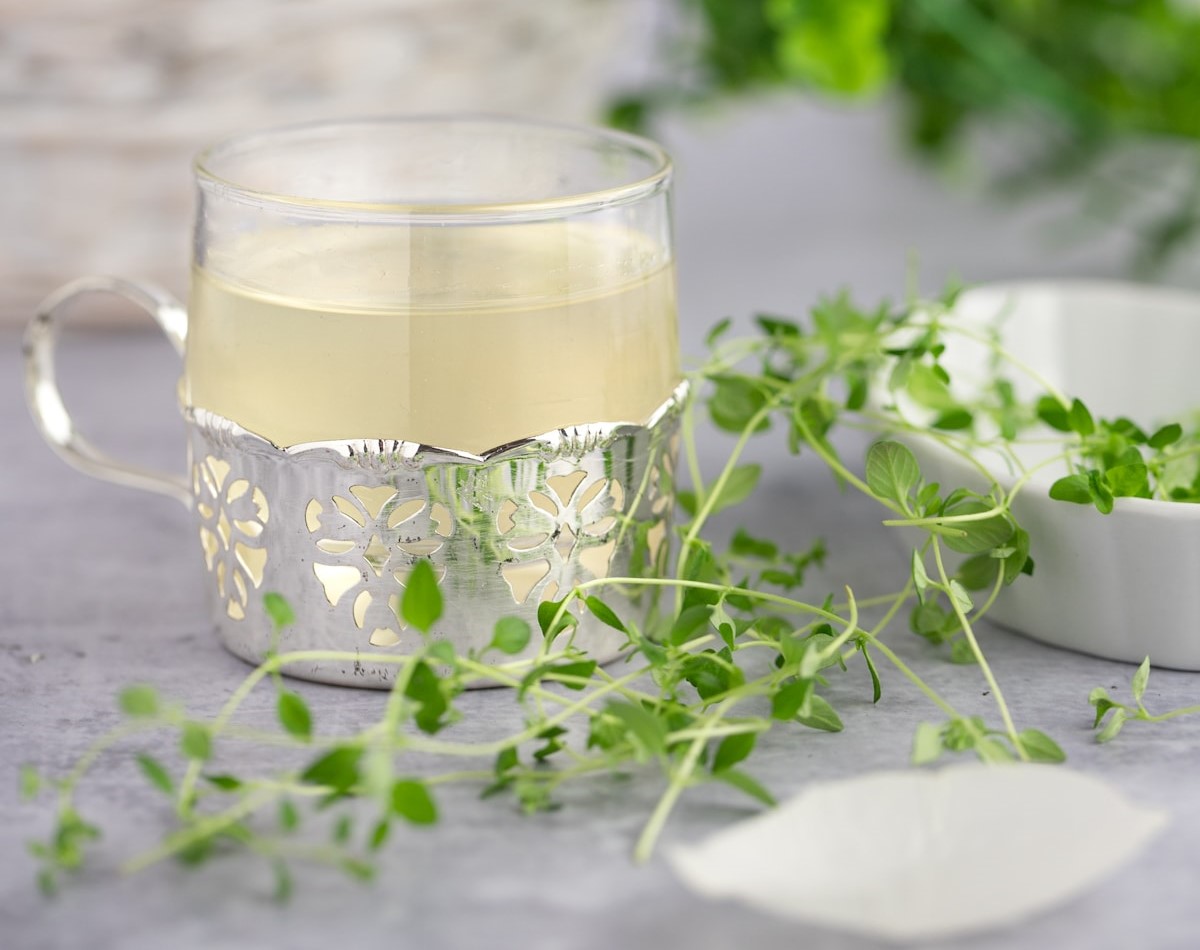
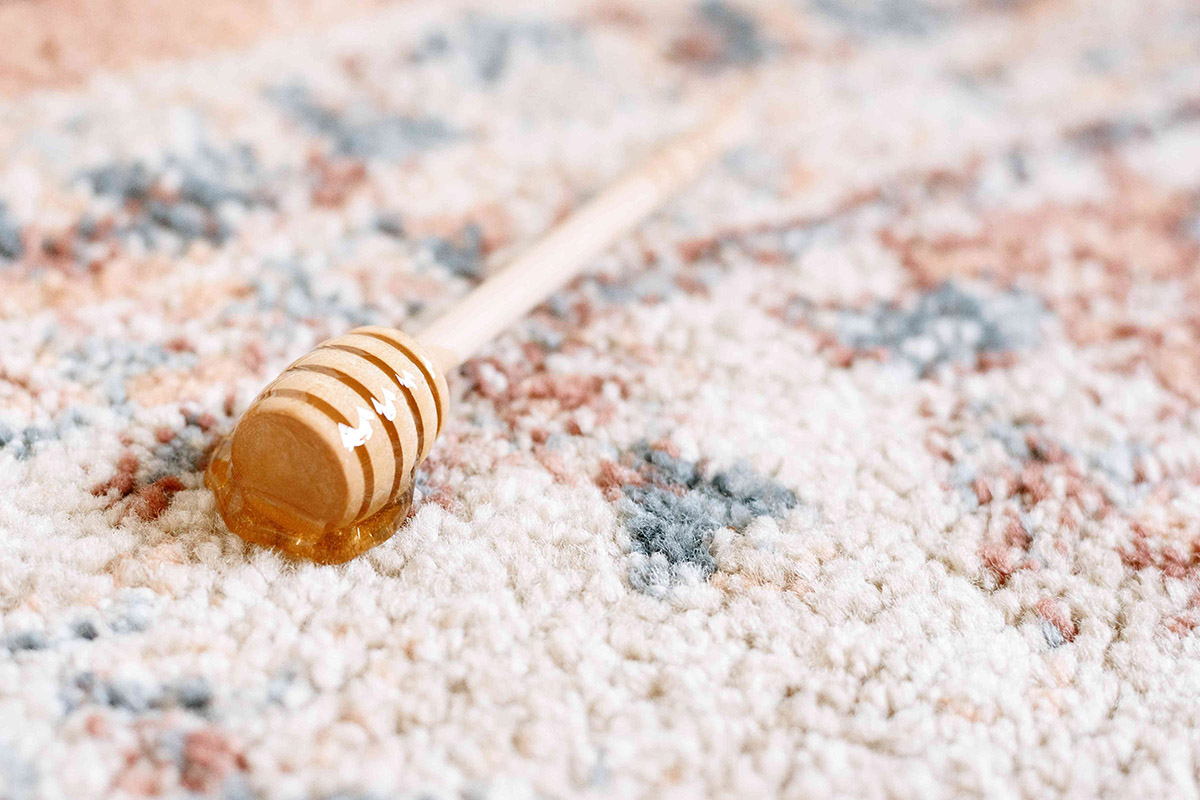
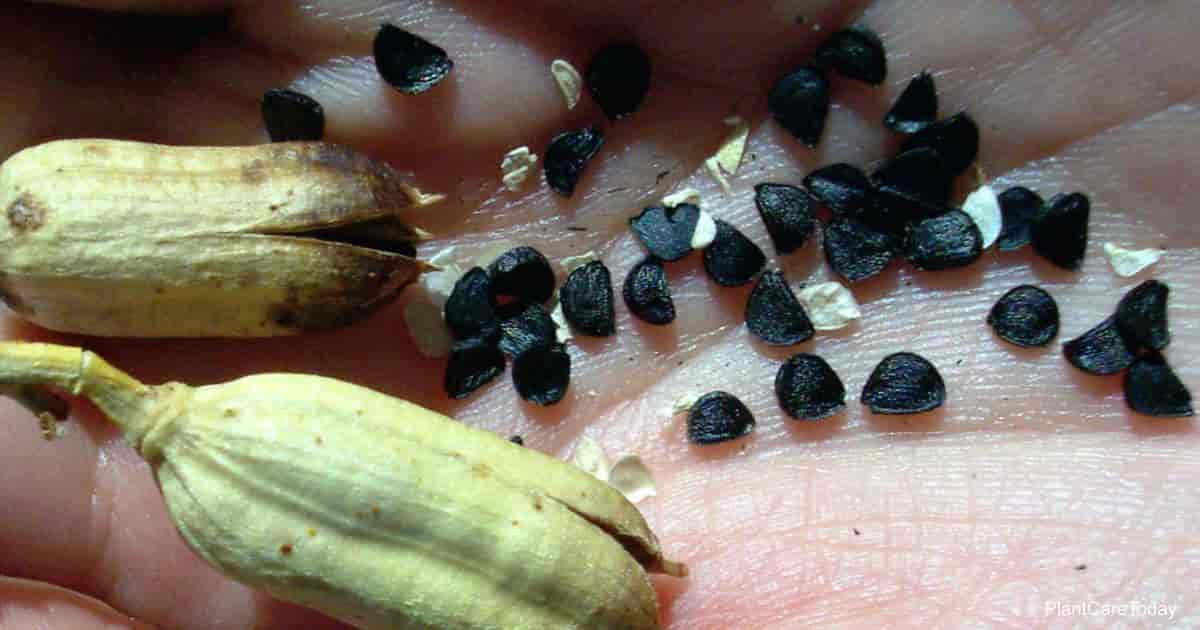

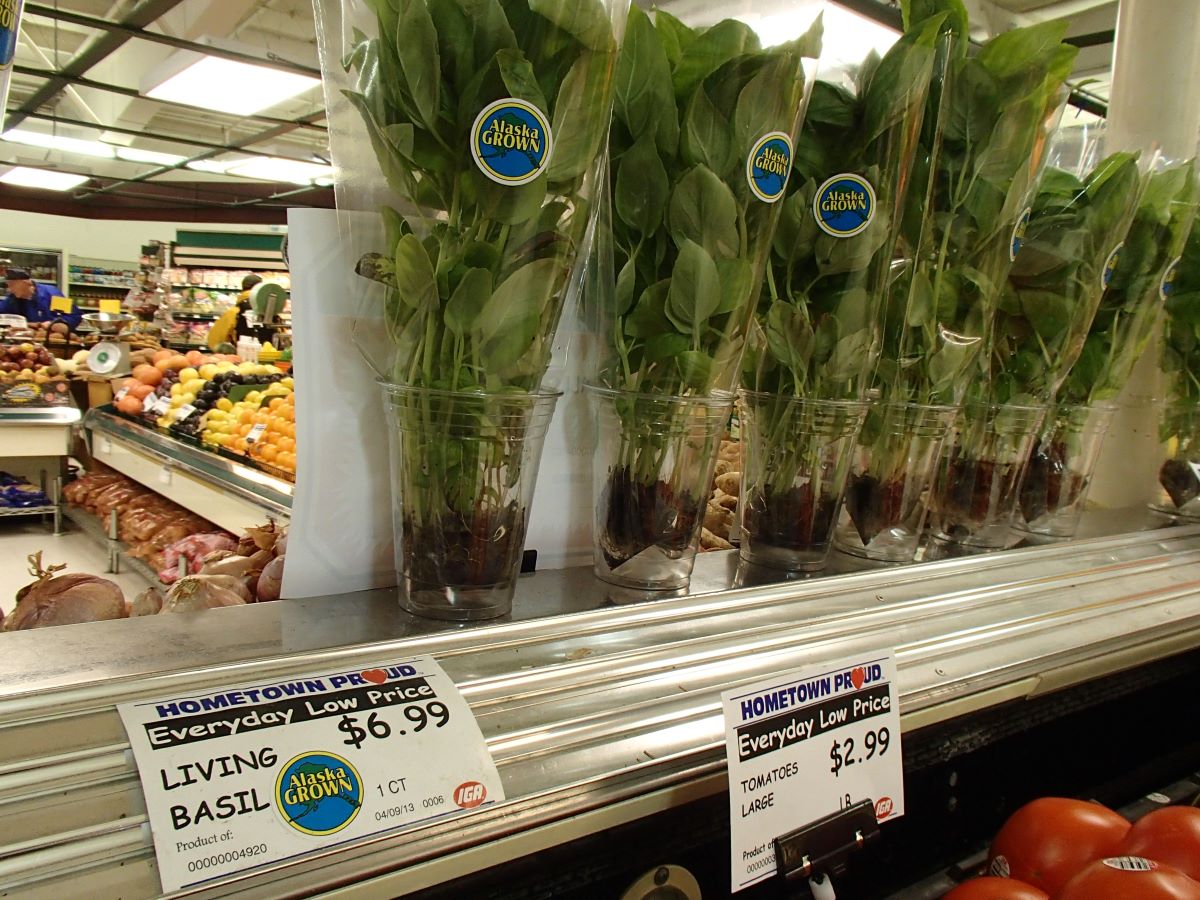

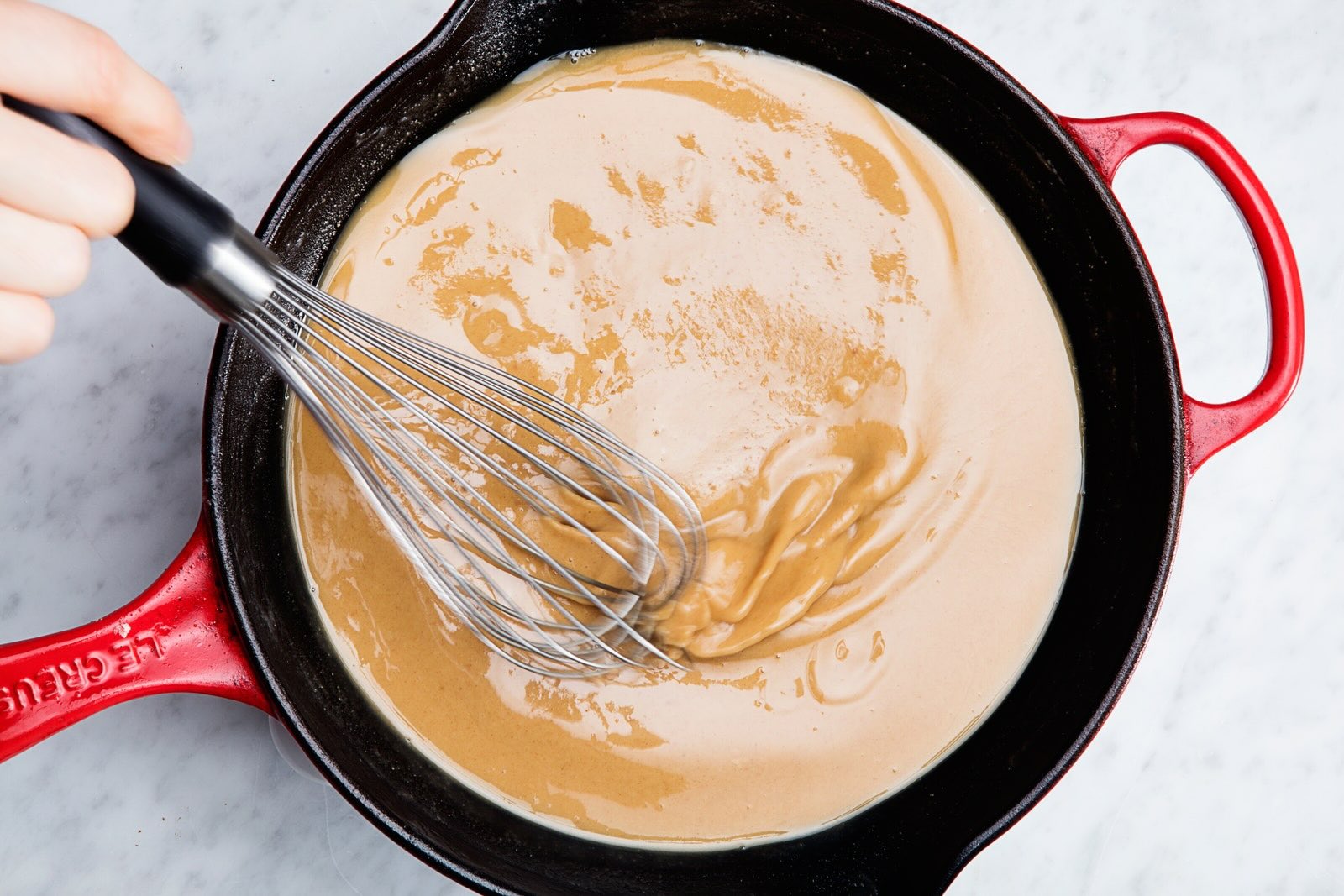




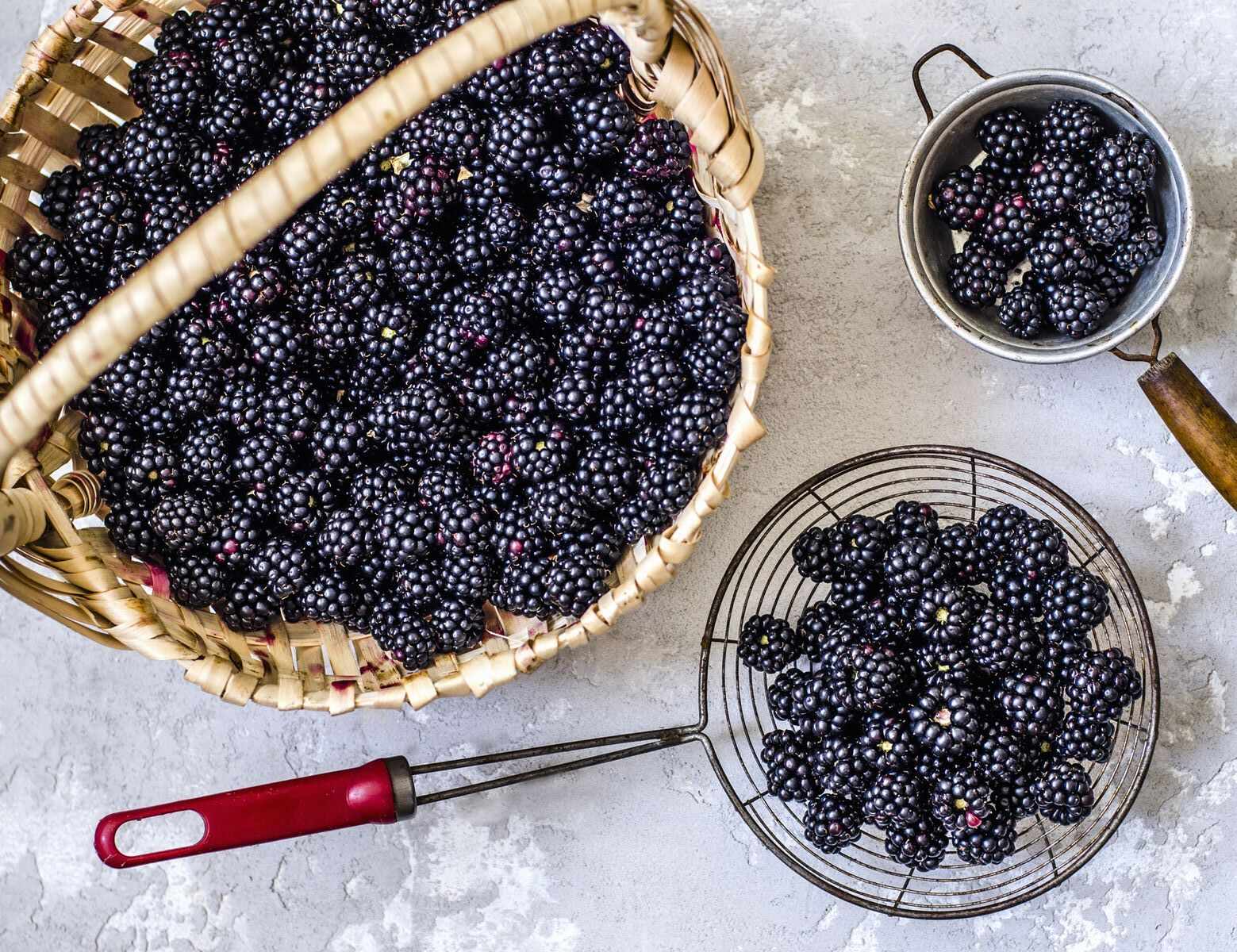

0 thoughts on “How To Store Agave Syrup”